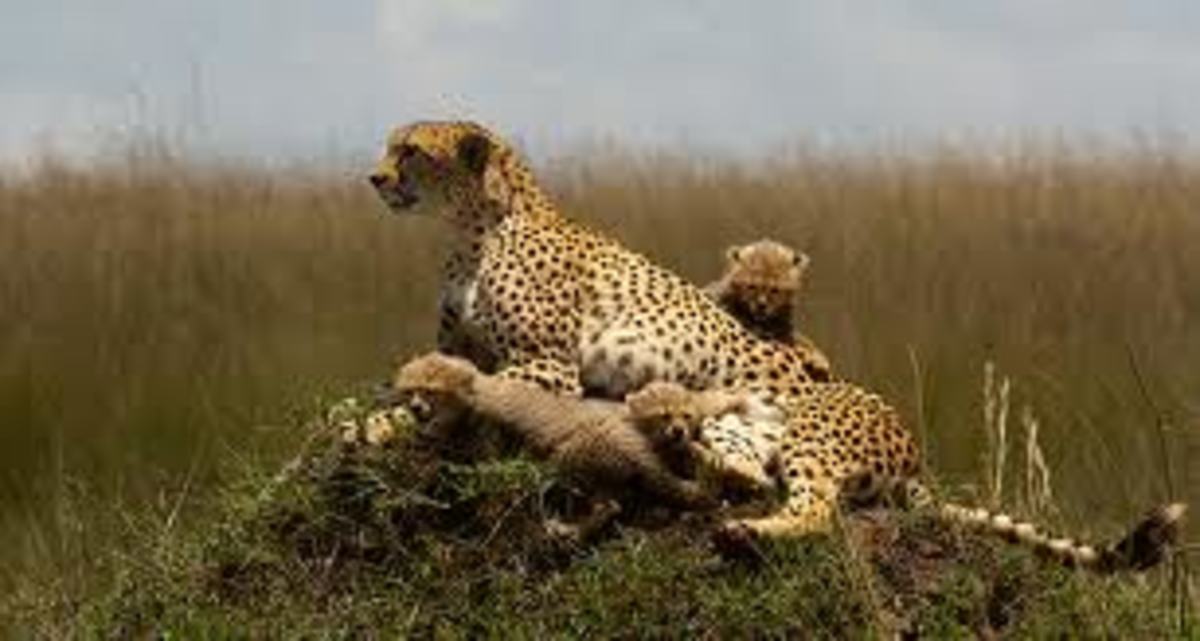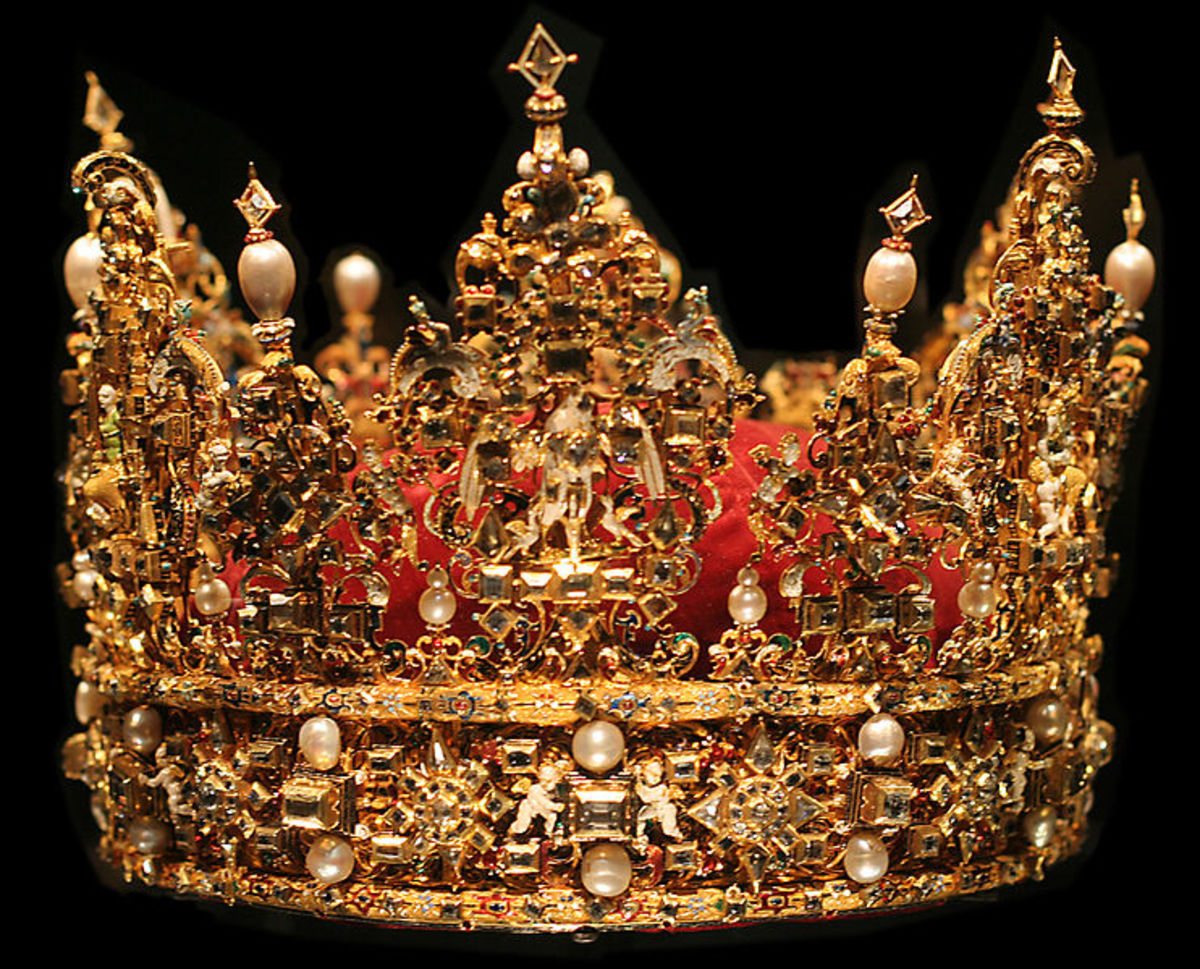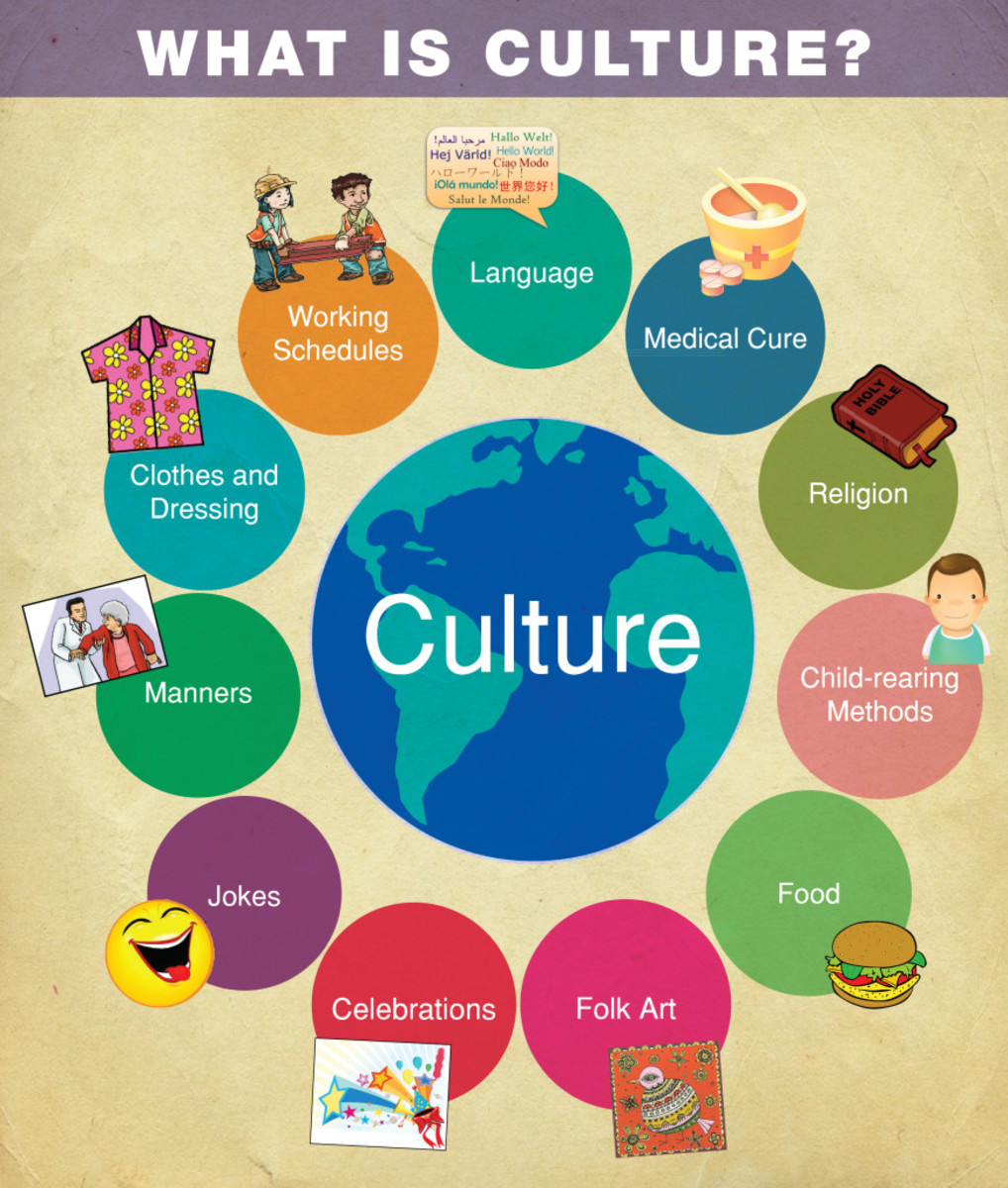Animals Engage in Warfare
Human fights are no different than animal fights and are driven by the same instincts and reasoning
By Myranda Grecinger
Is war driven by something that is specific to humans?
I was asked a similar question in one of my school discussions. After doing some reading I realized I already knew my answer to this question. Although my answer is not a popular one I would like to share it and get your ideas. I have contemplated thesetypes of questions many times and my ideas are based on the evidence that I have seen in my life and on many academic sources.
...
I will apologize a ahead of time as I know this is a bit long winded on my part, it is just an issue that I think deserves a lot of attention.
I read a page this week which described humans as being unlike any other species because we intentionally kill each other off. I find this sentiment to be completely inaccurate and find myself wondering how much of the animal kingdom the authors have studied.
...
Many animals will fight and kill off others. Lions are known for attacking other prides if for no other reason than they because they can and have even been known to seek out another pride apparently for this very purpose. Humans fight for the same reason that animals do, we assert our dominance, protect our territory, retaliate when a wrong is done and ensure our survival through protecting our precious resources. In my views, we are simply animals, no more, no less.
...
Many people like to impress upon us all of the reasons they believe we are above the rest of the animal kingdom, but we are not. Animals have emotions just as we do, if you have ever seen a cat stalk its prey then you know that animals are also capable of deception, problem solving, and strategy. Some may say that we are superior because we are capable of critical thinking, but who has proven that animals are not? For all I know my piglet could be contemplating his reason for existence as he lays at my feet and stares longingly off into the distance. In my opinion, a seventeenth century priest was close when he said “Of all the beasts the man-beast is the worst, / to others and himself the cruelest foe.” While this is not completely accurate, it is close. The fact is, we are only the worst because we create weaponry and pollute the Earth and different because we adapt our habitats to accommodate our needs rather than adapting to our surroundings.
...
Animals, like humans, will hunt prey to near extinction when the predators begin to over populate an area. Over population and the drive for survival will push animals to fight for their territory that normally would not. Animals of the same species and even the same breed are known to behave differently under different circumstances. I think many things once thought of as cultural universals for humans and other animal are being rethought, there are just too many variables in circumstance that can lead to other behaviors.
...
While I like the argument that modern warfare has little to do with territory, I think that we don’t want to admit how much our behavior is still driven by instinct, how much we are still simply animals. The fact is that humans have overpopulated the Earth and continue to deplete its natural resources, therefore, as much as it really is distasteful to say, mass killings are somewhat necessary to our survival. None of us like it. Like elephants and many other animals we mourn the loss of our own kind even if they were our enemies, but the facts are there. Like animals we know that once our food sources and water sources or potential mates and even land to live on are gone, so will we be gone. So, I believe it is in our nature to destroy any threats to our survival even if it means warfare.
...
In the mid-1970s famous Harvard biologist E. O. Wilson introduced a theory that describes some behavioral traits that he claims are found in humans as a general rule. These traits are: (1) territoriality, (2) aggressive dominance hierarchies, (3) male dominance over females, (4) permanent male– female bonds, (5) matrilineality (female offspring stay with the troop they are born into while males leave to find a new social group when they reach sexual maturity), and (6) extended maternal care. He goes on to say that these traits are biologically fixed and genetically based characteristics. The idea comes across as attempting to separate our behaviors from our less technologically advanced counterparts in the animal kingdom.
...
His claims have been debated for years. I do see a few problems with this idea but in some ways it supports my theory that humans fight for the same things that animals do, making warfare appear to be a cultural norm under certain circumstances for any living creature. The first problem that I see is that not all human societies assert male dominance over females; although it is prevalent in many societies it is not universal. The reason that this statement does not affect my beliefs is that not all animals assert male or female dominance either, it varies depending on circumstances. The second problem is male – female permanent bonds, not all humans have those, many cultures do not form them at all, some form bonds with more than one male or female and it is the same with animals. Not all animals form monogamous pair either, but some do, it varies from group to group by circumstance. The Patagonian Mara, for example, is known to be an animal that will form monogamous bonds and dig private burrows for its young, but in over populated areas it becomes a very social creature, moving in herds in search of food, sharing a communal den with perhaps up to five other females and sharing the maternal duties, possibly even sharing a mate when one gender is less prevalent than another. Raccoons have always been known as loners that will destroy each other over territory. It has only been recently discovered that they too will sometimes form life long bonds and some prefer to take up residence in areas that are already populated with raccoons and will gather to socialize. There are villages all over the world where due to various circumstances polygyny or polyandry are prevalent in humans. I could continue, but hopefully I have made my point. Circumstances, not species often determine kinship, social organization and behavior.
...
The simple answer to the question is no, war is not driven by something that is found only in humans.It is driven by the same desires that drive conflict in animals, survival. I have known animals that for all intensive and reasonable purposes should have gotten along and simply dislike each other so they fought continuously; it is the same in humans. We will fight for what we see as ours, and defend it against any threat. We will attack to prove our dominancy to prevent any threat. We will see to it that our own “herd, pack, pride, flock, family” has food, water, and a place to live and that it is as safe as possible.
Like us, other animals create rules and expectations that must be followed for their groups and violators will be punished, whether that means an alpha wolf may attack another because it tried to mate with the wrong member of the pack, or a mother wolf attacks her young and holds them by the throat to let them know their behavior is unacceptable or whether it means a lone wolf is attacked by the pack because they want his kill, or one pack attacks another for traveling to close to a den. It is all the same, humans kill for their mates, or because they want what someone else has, or to make sure everyone behaves as they should, or to prevent another group from coming in, it is all the same.
...
Resources, behavior modification, protection, dominancy, territory and even general dislike are things that all animals experience that may lead to war. Yes there are some humans who I am certain successfully live in peace, but as I said, circumstance will cause variable differences just as they do with animals. The San people (who indecently I have another Hub about) were once a peaceful society, spending their days foraging, hunting, laughing and sharing. Now that they have been forced into small, crowded camps with little food and the inability to hunt, suddenly they have conflicts with one another, wars between clans fights with family and crime are a part of everyday life, These are things that these people had never experienced before, but circumstances changed and they became aggressive, it is in every animals nature. How many Native American tribes were known to be peaceful before we crowded their territory and changed their circumstances? Even smaller examples, how many times have you heard someone say about one animal or another “he is so gentle, never hurts anyone” then another animal is brought into the house, or a baby, or a child who teases it and the animal suddenly lashes out? Once circumstances change and the threat is there, warfare will happen, it doesn’t matter what species or breed you are, animals and people alike, it is universal.
© 2011 Myranda Grecinger








